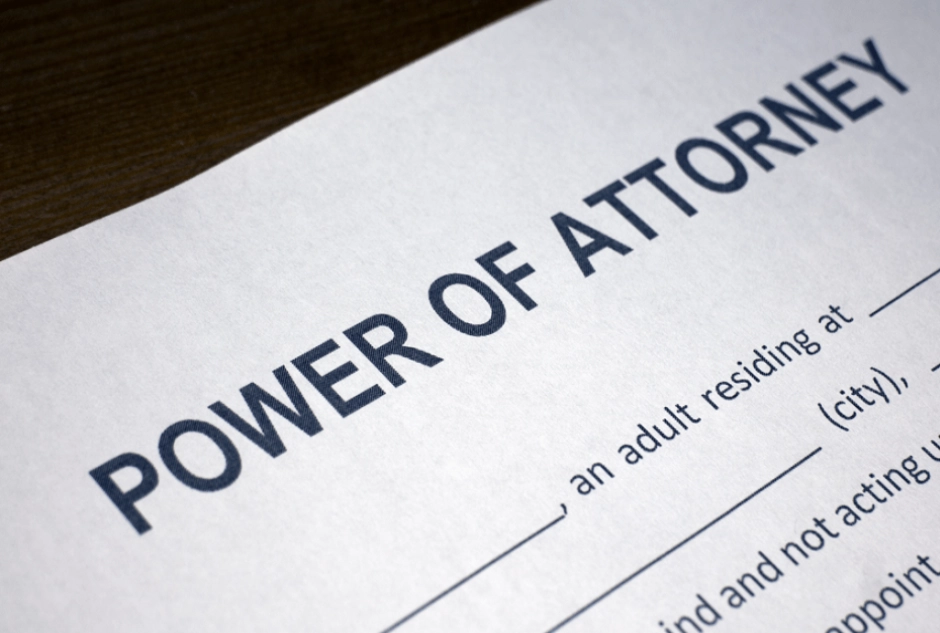Get In Touch
Leave your number and details below and we will call you right away!
Leave your number and details below and we will call you right away!
Leave your number and details below and we will call you right away!
Leave your number and details below and we will call you right away!
Leave your number and details below and we will call you right away!
Leave your number and details below and we will call you right away!


The process of Power of Attorney (POA) notarization in the United Arab Emirates (UAE) may vary slightly depending on the specific requirements of the relevant authorities. It's important to note that procedures and regulations can change by courts at any given time, so it's advisable to check with local authorities or legal professionals for the most up-to-date information. Here is a general overview of the common steps involved in the POA notarization process in the UAE:
Drafting the Power of Attorney:
Work with a legal professional to draft the Power of Attorney document as per your specific needs. Include all necessary details such as the names and details of the parties involved, the specific powers granted, and any other relevant information. Principals and attorneys must be 21 years of age and above to process the POA.
Translation:
If the POA draft is in any other language other than Arabic, have the POA to be legally translated into Arabic by a legal translator in UAE.
Notarization:
Physical Signing Process: Take the drafted POA document to a Notary Public in the UAE with the required documents. Sign before the Notary officer to get the POA notarized. Only the Principal (signatory) of the POA is required to visit the Notary Public office. The registration fee for physical signing is AED 267.
Online Notarization: If the principal (signatory of the POA) is not available to visit the Notary Public offices physically, the principal may register the POA through the online e-notarization process of the Notary Public.
The online notarization process will take place through a video call via Zoom app. The principal of the POA and the Notary Public officer will both be attending a video call to verify the principal’s identification documents and to verify the powers given on the POA. The verification would vary depending on the Notary officer but would mostly include the following documents and information:
Principal to state his full name.
Original identification document of the principal to be shown on the video call in clear view.
Name confirmation of the attorney.
Confirmation of the powers granted on the POA.
Documents Required:
The online notarization process will be applicable with the following requirements of the Notary Public:
The principal must have a valid passport and Emirates ID for the online notarization process visa Dubai Courts.
Any other documents may be required depending on the POA. For example, a Title deed of the Property is required for a Property selling POA, valid Trade license and other company documents are required for a Company POA, etc.
Any documents issued from outside the UAE will have to be duly legalized and translated into Arabic.
Exception for non-UAE residents (those without a valid Emirates ID): Dubai Courts no longer process applications online for non-residents. For non-UAE residents, POAs can be notarized through ministry of Justice. However, POAs for marriage, inheritance, gift property transfer, normal property transfer or selling without Oqood or Title Deed, company POA without valid trade license and share certificate, cannot be done through the online notarization process.
Note: Most Powers of Attorney that are e-notarized (online) by the Notary Public are currently issued electronically and in Arabic only. The bilingual final copies shall be charged additionally. Also, there are no physical hard copies that will be provided as the final copy is issued electronically by court.
Home Country (outside UAE) notarization: The Power of Attorney can also be physically signed and notarized in any country where the principal is residing. Once notarization is completed, please refer to the following signing instructions for the next steps:
Stage 1:
Have the Power of Attorney attested by the Ministry of Foreign Affairs in residing Country. This process is also referred to as legalization or an apostille.
Have the Power of Attorney certified by the UAE Embassy/Consulate in residing Country.
Stage 2:
Have the Power of Attorney stamped by the UAE Ministry of Foreign Affairs.
Have the Power of Attorney translated into Arabic.
Have the Power of Attorney certified by the UAE Ministry of Justice.
Whether opting for in-person notarization or exploring the possibilities of digital authentication, Firm Advice can assist you for a hassle-free experience. If you require our assistance in the drafting and notarization of your POA, please check out our website https://firmadvice.ae/ for more details and pricing.



































































